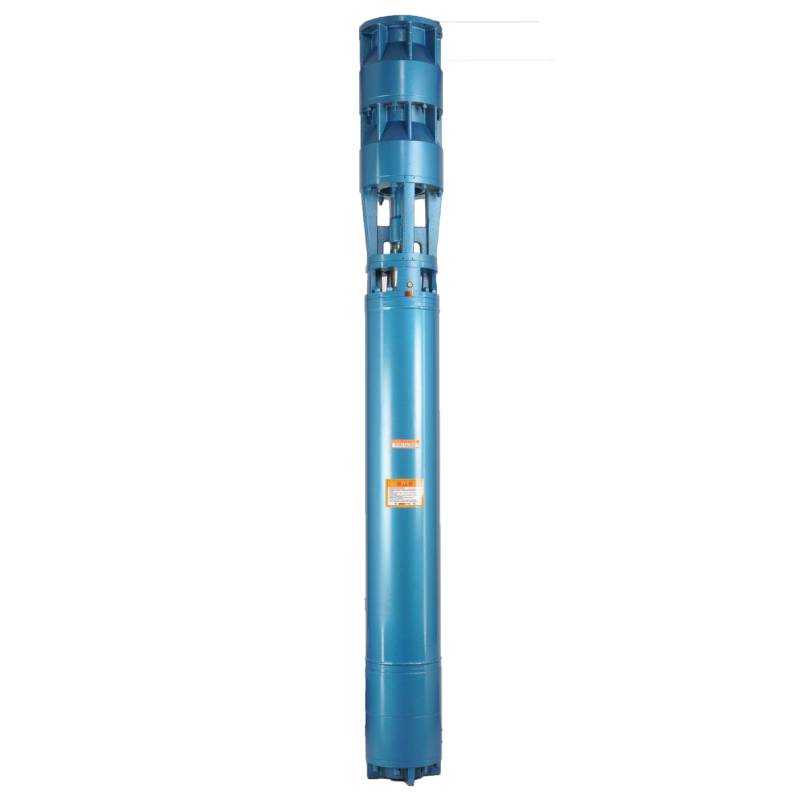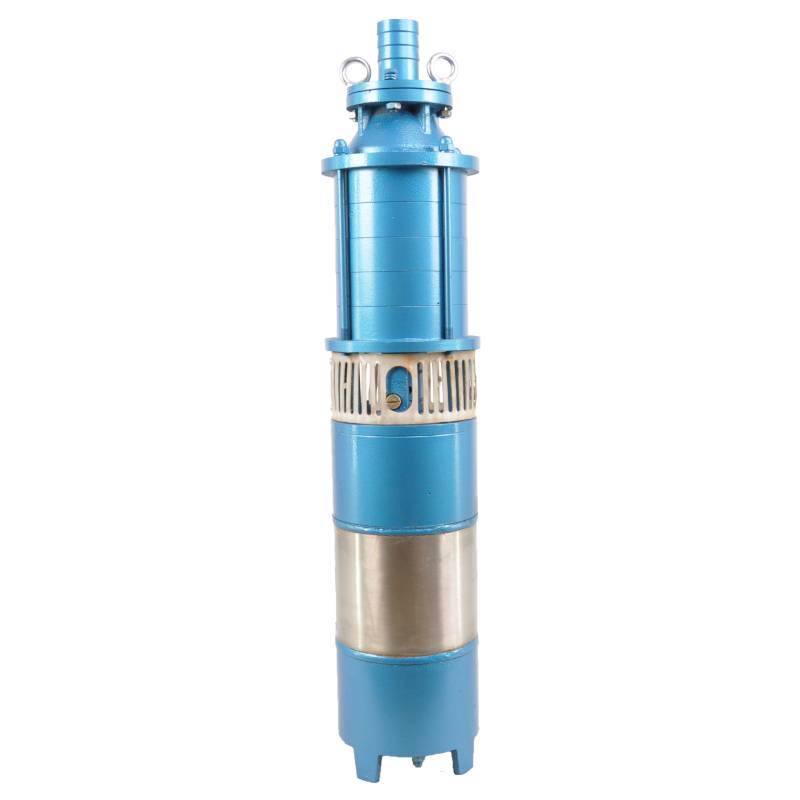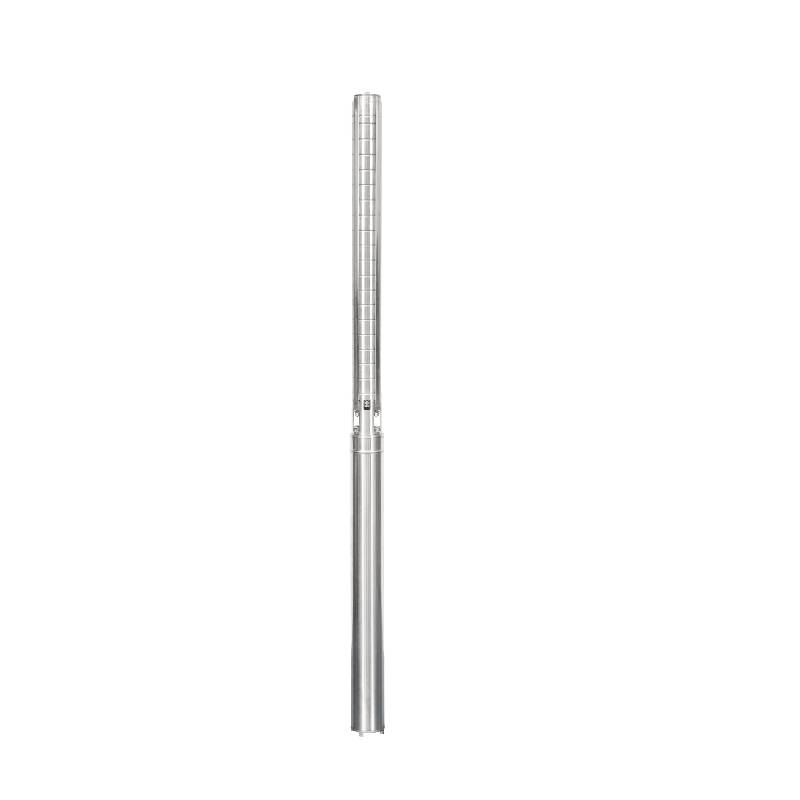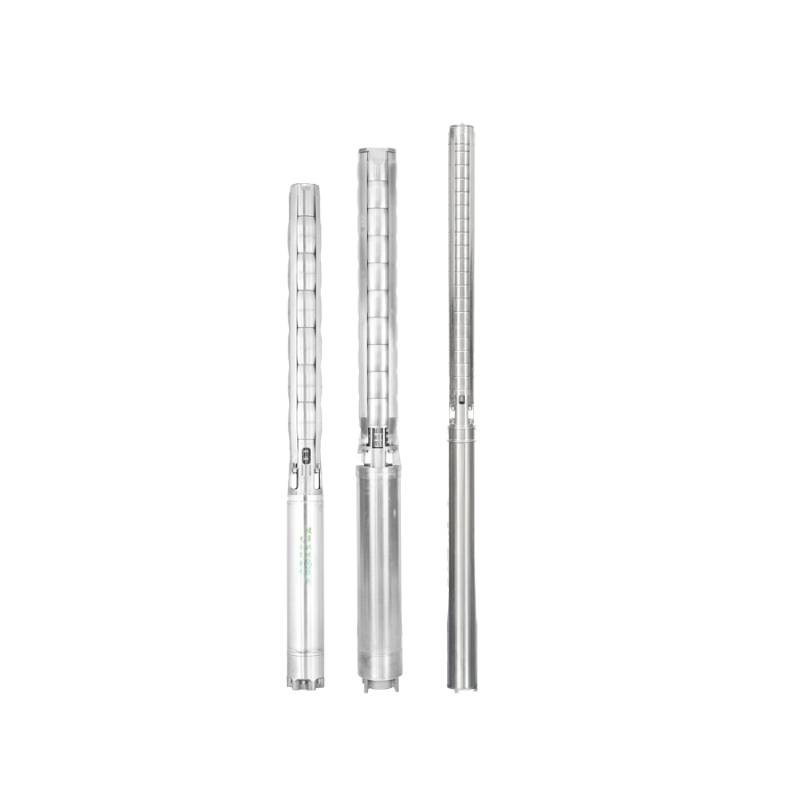ធ្នូ . 31, 2024 12:04 Back to list
Comparing Submersible Pumps and Jet Pumps for Efficient Water Management Solutions
Submersible Pumps vs. Jet Pumps A Comparative Analysis
When it comes to selecting the right pump for water extraction and various industrial applications, two primary types often come into consideration submersible pumps and jet pumps. Each type has its own advantages and drawbacks, making the choice dependent on specific needs and conditions. This article aims to provide a comprehensive comparison of submersible pumps and jet pumps, highlighting their operational mechanisms, pros and cons, and suitability for different scenarios.
Operational Mechanism
Submersible pumps are designed to operate while submerged underwater, typically installed at a depth below the water level. These pumps are sealed, preventing water from entering the motor, and they function by pushing water to the surface rather than sucking it up. The motor is usually located above the pump, coupled with a long tube or pipe that transports the pumped water to the desired location.
Conversely, jet pumps function by using atmospheric pressure and a jet of high-pressure water to create a vacuum, effectively sucking water from a well or reservoir to the surface. Jet pumps are usually mounted above ground, making them easier to access for maintenance purposes. They typically require a deep well jet or a shallow well jet configuration, depending on the depth of water they are pulling from.
Advantages and Disadvantages
Submersible Pumps - Advantages 1. Efficiency Submersible pumps are generally more energy-efficient than jet pumps, especially in deep wells. They can move larger volumes of water with less energy. 2. Less Noise Being submerged, these pumps operate quietly, making them an excellent option for residential areas. 3. Self-Priming Submersible pumps do not require priming since they are already submerged in water. 4. Durability They are designed to withstand harsh conditions and corrosive elements commonly found in groundwater.
- Disadvantages 1. Higher Installation Costs The initial cost for purchasing and installing submersible pumps can be higher than jet pumps, particularly due to the need for professional installation. 2. Challenging Maintenance If repairs are needed, the entire unit often has to be removed from the well, making maintenance more cumbersome. 3. Limited Depth Range While highly effective at certain depths, they may not be suitable for extremely shallow applications.
submersible vs jet pump

Jet Pumps - Advantages 1. Cost-Effective Jet pumps are generally less expensive than submersible pumps, both in terms of initial investment and installation. 2. Easier Maintenance Mounted above ground, jet pumps offer easier access for troubleshooting and repairs, which can save time and resources. 3. Versatility They can serve various applications, including shallow and deep well installations, with the option to switch configurations as needed.
- Disadvantages 1. Lower Efficiency Jet pumps tend to be less energy-efficient, particularly in deep wells, and may require more frequent cycling. 2. Noise Operating above ground, jet pumps can produce more noise, which might be an issue in quiet environments. 3. Priming Requirement Jet pumps need to be primed before operation, adding an extra step in the installation and startup process.
Suitability
Choosing between a submersible pump and a jet pump fundamentally depends on the specific application. If you require a solution for deeper well installations or need a high volume of water efficiently moved, a submersible pump is likely your best choice. They are also suitable for residential water systems where noise reduction is a priority.
On the other hand, if you are working with shallow wells or have budget constraints, jet pumps can provide a more accessible solution, allowing for easier maintenance and a lower upfront cost.
Conclusion
Both submersible and jet pumps have their unique advantages and disadvantages, making them suitable for different applications. Understanding your specific requirements, including depth, volume, efficiency, and maintenance needs, will help guide your decision. Whether you opt for the power and efficiency of submersible pumps or the accessibility and cost-effectiveness of jet pumps, each type plays a crucial role in water management and resource extraction in various industries.
-
submersible-sump-pump-auto-drainage-for-crawlspaces
NewsAug.22,2025
-
solar-powered-stainless-steel-submersible-well-pump-setup
NewsAug.22,2025
-
stainless-steel-well-pump-flow-rate-optimization
NewsAug.22,2025
-
water-filled-submersible-pump-fish-farm-oxygenation
NewsAug.22,2025
-
submersible-pump-in-aquaculture-and-fish-farming
NewsAug.22,2025
-
deep-well-submersible-pump-for-drought-areas
NewsAug.22,2025
-
 submersible-sump-pump-auto-drainage-for-crawlspacesCrawlspaces, those narrow areas beneath homes, are prone to water accumulation due to leaks, groundwDetail
submersible-sump-pump-auto-drainage-for-crawlspacesCrawlspaces, those narrow areas beneath homes, are prone to water accumulation due to leaks, groundwDetail -
 solar-powered-stainless-steel-submersible-well-pump-setupHarnessing solar energy to power stainless steel submersible well pumps is a sustainable and coDetail
solar-powered-stainless-steel-submersible-well-pump-setupHarnessing solar energy to power stainless steel submersible well pumps is a sustainable and coDetail -
 stainless-steel-well-pump-flow-rate-optimizationIn various applications like agriculture, domestic water supply, and industrial use, the flow rate oDetail
stainless-steel-well-pump-flow-rate-optimizationIn various applications like agriculture, domestic water supply, and industrial use, the flow rate oDetail
